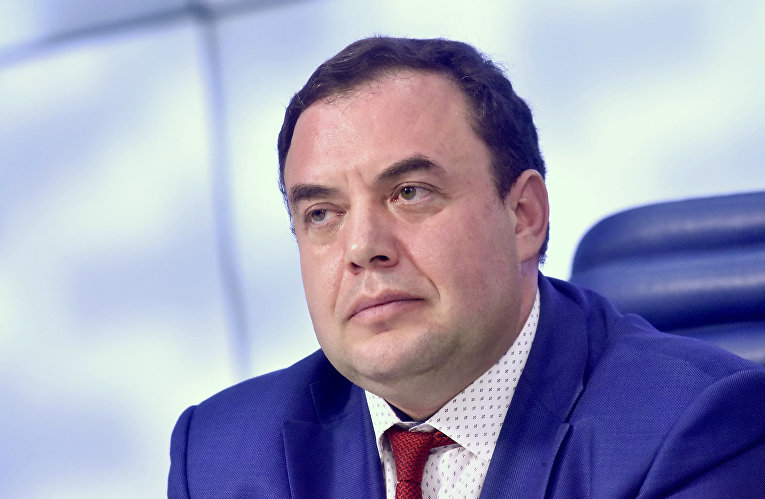MOSCOW, September 9 (RAPSI) – The Standing Commission on International Cooperation in Human Rights of Russia’s Presidential Human Rights Council has expressed its deep concern over violations of the rights of Russians residing in Ukraine, according to its Wednesday statement.
According to Council member Alexander Brod, since September 1 education in all Russian-speaking schools has been kept only for grades until the fifth; all next grades will be taught in the state language as the Ukrainian law on education, criticized and recommended to be significantly amended by the Venice Commission, and strongly challenged by parents of schoolchildren, entered in force.
At the same time, the rights activist notes, educational establishments for other minorities using official European Union languages will be able to continue education in these languages for another three years of a special transition period.
Brod believes the law on education contradicts the Ukrainian Constitution proclaiming protection of minorities’ languages, among them the Russian language, which is the native language for 14.3 million of Ukrainian citizens, or 29.6% of the country’s total population according to a survey of 2001, and the European Charter for Regional or Minority Languages, which Ukraine ratified in 2003.
In this situation, the deprivation of children from Russian-speaking families the opportunity to be educated in their native language is aimed at the suppression of their national and language-based identity, what, given the multinational and multilingual nature of the Ukrainian society, may lead to unfathomable consequences, the rights activist believes.
In relation to these facts, the Commission is turning to U.N. High Commissioner for Human Rights Michelle Bachelet, OSCE High Commissioner on National Minorities Lamberto Zannier, Council of Europe Commissioner for Human Rights Dunja Mijatović calling them to intervene in the situation and protect the rights of Russian-speaking citizens of Ukraine to education in their native language.
The Commission also calls European and international human rights advocacy structures and organizations to give a clear and principled assessment of the actions undertaken by the Ukrainian authorities in violation not only of the national Constitution, but of the country’s international obligations in the sphere of human rights and protection of national minorities, the statement reads.



